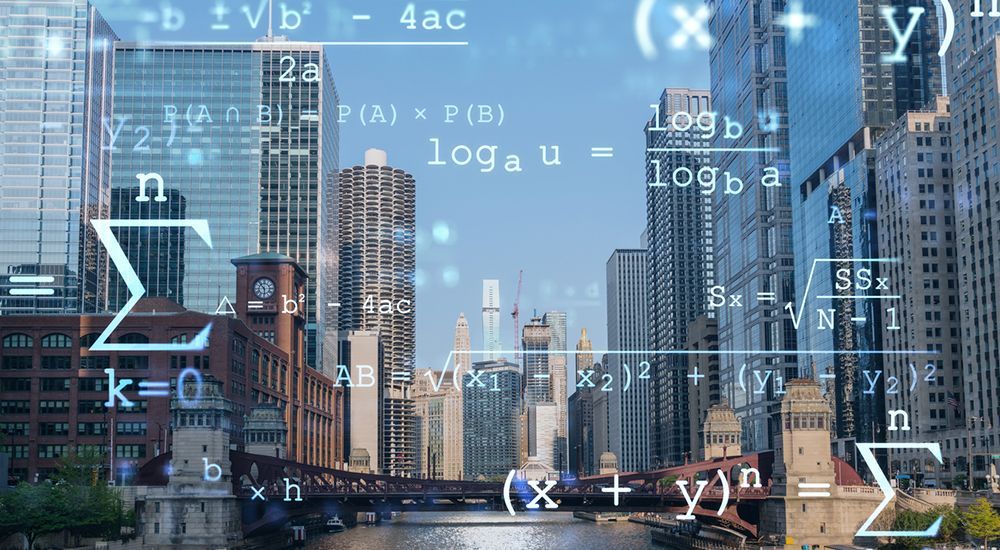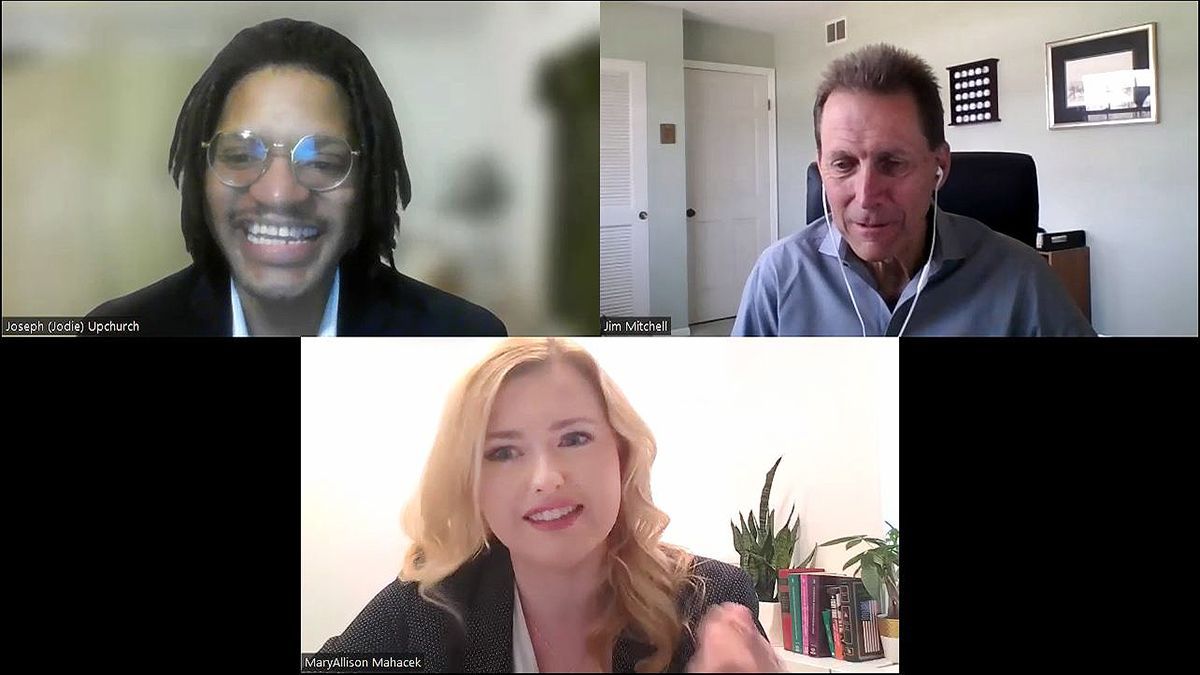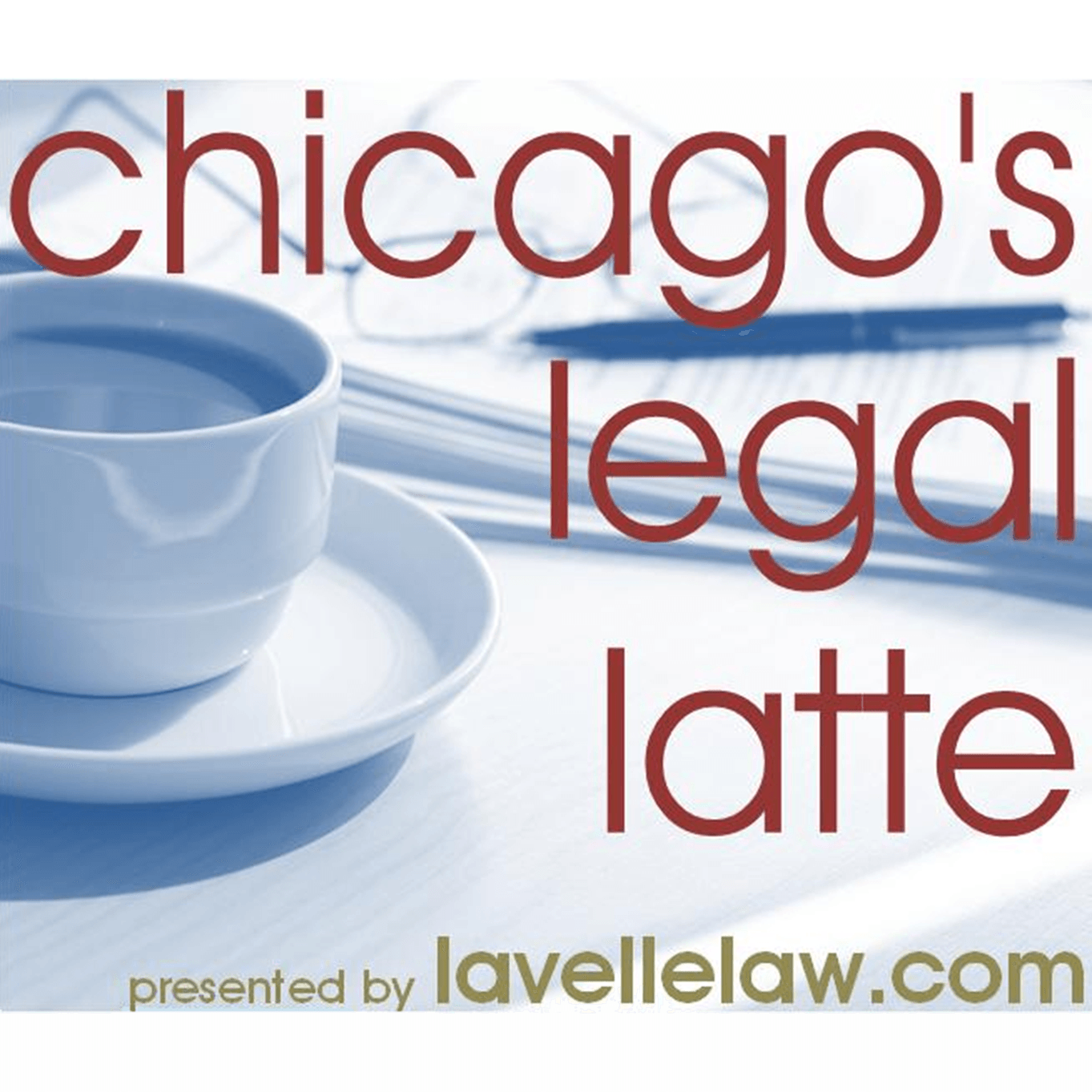Do the Math Before You Vote in the Illinois Primary
Understanding the Referendum: “Amending the Real Estate Transfer Tax”

Chicago residents participating in the March 19th primary will walk into the voting booths expecting to make consequential decisions about their nominees for President and States Attorney. But, the typical voter may find themselves slightly confused and overwhelmed when they reach a lengthy referendum at the end of their ballot, entitled “Amending the Real Estate Transfer Tax.” This referendum is four entire paragraphs of tax jargon and financial chatter, informing the reader about a ballot measure on a local tax change.
In fact, this is a highly consequential ballot referendum on a proposed change to the local real estate transfer tax, and it’s essential to understand what the referendum means before primary day. Read on, and we’ll break it down for you.
Flat Tax No More: Changes to Chicago Real Estate Transfer Tax
The current real estate transfer tax rate in Chicago is 0.75 percent of the sales price of the subject property, regardless of what the price is. This means that no matter what type of property you sell in the city of Chicago, big or small, the city takes a 0.75 percent slice of the total sale price.
This proposed ballot referendum would change that. If passed, the transfer tax on properties sold for more than $1 million would increase from 0.75 percent to 2 percent, more than doubling the existing rate, but would only apply to the amount of the sale greater than $1 million. Basically, every dollar over $1 million would be taxed at that higher rate.
In addition, properties sold for more than $1.5 million would be taxed at an increased rate of 3 percent, with the increase, once again, only applying to every dollar in the sale price over $1.5 million.
And finally, the transfer tax on properties sold for less than $1 million, would receive a tax decrease from that original rate of 0.75 percent to 0.60 percent.
The referendum requires that the increased revenue generated from the tax must “be used for the purpose of addressing homelessness, including providing permanent affordable housing and the services necessary to obtain and maintain permanent housing.”
Critics have attacked the city’s lack of specifics for how the funds must be used, and insist that while many properties that sell for less than $1 million will receive a tax cut, the tax increases on the sales above $1 million will chill commercial investment in Chicago at a time when downtown is struggling with post-pandemic work culture, and this could also result in residential and commercial renters seeing increased transfer tax costs passed on to them by landlords.
Meanwhile, proponents of the referendum insist that the above arguments amount to fearmongering over a relatively minor tax change, and emphasize Chicagoan’s shared interests in not seeing homelessness go unabated—both from a standpoint of human compassion and due to the blight and decreased livability that cities can experience if homelessness is not addressed.
Possibly a Moot Point?
At this time, interestingly, the ballot referendum has been declared invalid and will not be counted in response to a February 23rd ruling from a Cook County judge, who decided in part that the ballot measure was an illegal, textbook example of “logrolling,” or putting politically-unpopular proposals with popular ones on a ballot, and asking voters or legislators to decide on them in a single vote. In this case, the ballot referendum frames the single proposal as both a tax cut for some, and two types of tax increases for others, amounting to three separate tax decisions at once.
So, although the question will remain physically on the ballot, the results will not be tallied and reported unless the judge’s decision is overturned on appeal. However, an appellate court decision could make this ballot measure binding again in the blink of an eye. And even if the ballot language remains stricken, proponents of the tax change will likely rephrase the referendum and work to get it on the next citywide ballot. If you rent, own, or are looking to own property in the city of Chicago, this referendum could ultimately impact you, and you should walk into the voting booth with a clear understanding of that impact.
For questions about this and other real estate tax issues or any legal needs, Lavelle Law offers free consultations. Please contact Attorney Kelly Anderson at (847) 241-1786 or kanderson@lavellelaw.com and we can set up your appointment!
More News & Resources
Lavelle Law News and Events









STAY UP TO DATE
Subscribe to our newsletter
Lavelle Law, Ltd. | All Rights Reserved |
Created by Olive + Ash.
Managed by Olive Street Design.



